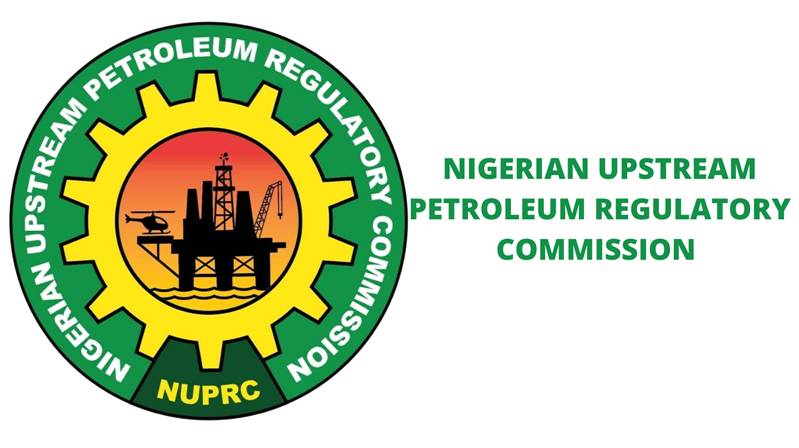The Nigerian Upstream Petroleum Regulatory Commission (NUPRC) has released new guidelines for the Advanced Cargo Declaration regime, aimed at improving transparency, accountability, and efficiency in the nation’s crude oil and petroleum product exports.
According to a statement by the Commission’s Public Affairs and Corporate Communication Unit on Wednesday, the guidelines were issued under the Nigerian Upstream Petroleum Advance Cargo Declaration Regulation, 2024.
They are part of broader reforms designed to strengthen oversight of crude oil movements, curb under-declaration and theft at export terminals, and ensure accurate revenue generation for the federal government.
The updated framework, approved by the Commission Chief Executive, Engr. Gbenga Komolafe, on Tuesday, applies to all licences and leases granted or preserved under the Petroleum Industry Act (PIA) 2021. It covers exports of crude oil, natural gas, natural gas liquids, and petroleum products from all terminals and export points across Nigeria.
Under the new regulations, exporters are required to obtain an export permit, vessel clearance, and a Unique Identification Number (UIN) via NUPRC’s online platforms before any shipment is made. Export volumes and identities will be verified by the Commission prior to the issuance of clearance notifications, each embedded with a UIN for real-time tracking.
“The NUPRC’s Advance Cargo Declaration Portal is a real-time, technology-driven system that integrates seamlessly with other government export systems, allowing for real-time tracking and reconciliation of crude oil exports, immediate upload of export documentation within 24 hours of cargo loading and enhanced data integrity and transparency across the export chain.
The Commission also emphasised its power to deny vessel clearance applications that are incomplete, lack proper documentation, or contain false information. Violations may attract administrative fines and sanctions.
Engr. Komolafe said the new system is part of the Commission’s ongoing efforts to modernise Nigeria’s oil and gas industry, maximise government revenue, and enhance regulatory oversight.
“The new guidelines represent a significant step toward a more transparent, accountable and efficient oil export regime in Nigeria. By leveraging technology, robust validation and strict documentation protocols, the Commission is addressing long-standing challenges of opacity, losses and inefficiency in the sector,” he stated.


















Leave a comment